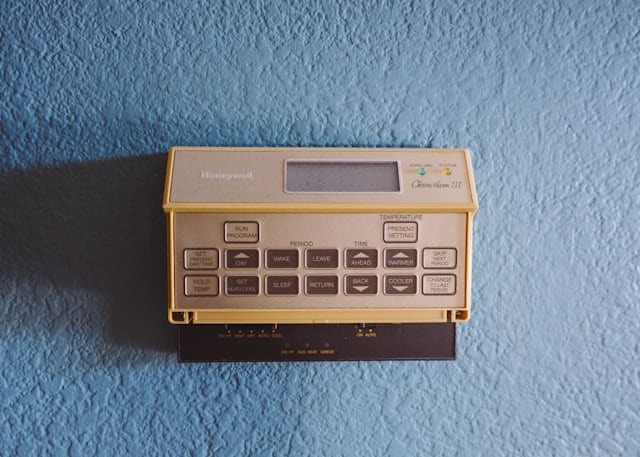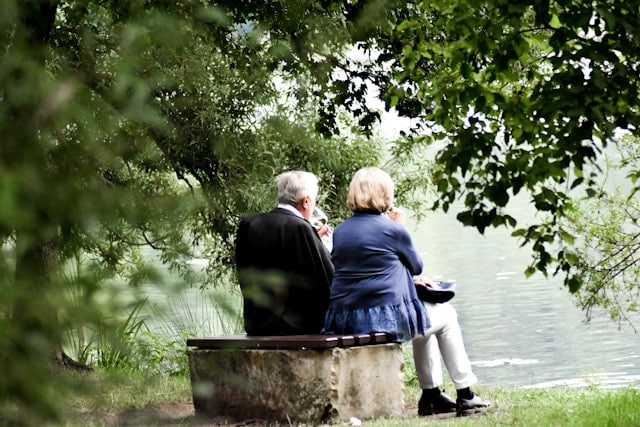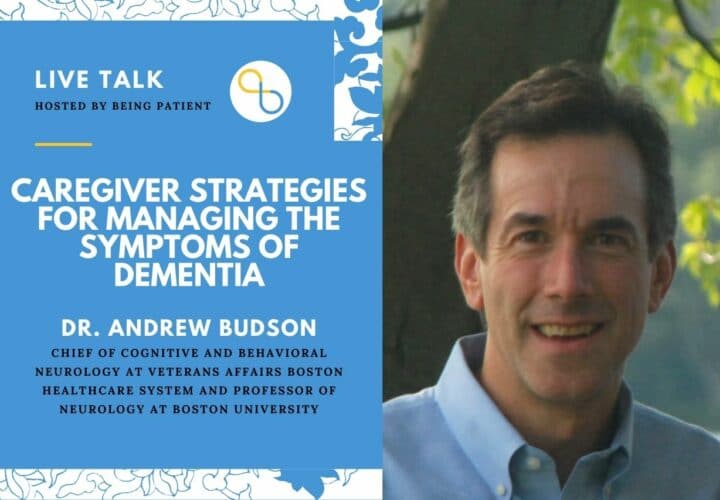Older adults in Boston reported more difficulty concentrating when their homes became too cold or too hot, reinforcing the connection between ambient temperature and cognitive health.
They may be expensive and a hassle to maintain, but modern heating, ventilation, and air conditioning systems offer people an unprecedented level of control over the environment in which they live. With a few adjustments to the thermostat, residents can keep their home at a comfortable room temperature through sweltering summers and frigid winters.
And yet, Amir Baniassadi, an assistant scientist at the Marcus Institute for Aging Research, was surprised to see so many of the Bostonians he surveyed getting too cold or too hot in their own homes. According to a recent study published in The Journals of Gerontology: Series A, older adults reported difficulty concentrating when the ambient temperature of their homes fell outside the comfortable range of 68 to 75°F (20 to 24°C).
“The literature about cognitive performance and temperature goes [back] two decades,” said Baniassadi, referencing previous studies in which subjects struggled to concentrate when researchers raised or lowered the temperature of their lab space. “We were able to show that this is happening inside individuals’ homes, even if they have full control over their temperature.”
For their study, Baniassadi and his team solicited volunteers who were at least 65 years old, lived independently, and had internet and smartphone access. The scientists installed temperature sensors in the volunteers’ living rooms and asked the subjects to complete a daily survey for a year. The subjects stated whether or not they were having difficulty focusing on what they were doing, and they rated their perception of their current home temperature from very cold to very hot.
The results pointed to a range of temperatures where people just functioned better. Baniassadi’s team found that the volunteers were more likely to say they were having difficulty focusing when the temperature of their homes fell below 68°F (20°C) or rose above 75°F (24°C). The volunteers focused best at temperatures they perceived as neutral, and they had more difficulty paying attention as their perception of heat or cold became more extreme.
“There’s like this optimal middle point,” said Baniassadi. “For some people, you may have to move a little bit to the hotter side, some people to the colder side … What we reported is what seems to be working for most people.
Previously, he and his team had found a similar relationship between temperature and sleep efficiency. Whether people are trying to improve the quality of their sleep at night or think better during the day, Baniassadi recommended that every individual experiment to find their own ideal temperature. “Start with the temperature we are recommending,” he said. “Then gradually shift it. Just feel. Record how you’re feeling. Within a week or two, you can have a sense of what that optimal temperature is for you.”
Teepa Snow, a dementia care expert, appreciated the insights she gained from Baniassadi’s study, but she worried that readers might draw overly broad conclusions from it, especially when it comes to caregiving. “They want there to be this global statement that we can make, and then I’m done with it,” said Snow. “It’s not one size fits all.”
For instance, to take a shower, a person often exposes their skin to cooling water and blowing air from a fan, and that sensory experience can be uncomfortable enough to convince a person with dementia to never repeat it again.
“One of the things I’ll do is raise the temperature in the bathroom,” said Snow. “We want the water to be warm, and we don’t want air movement.”
Designing A Home For a Loved One With Dementia: A LiveTalk With Grant Warner
But even when the ambient temperature is set to an optimal level and a person’s core temperature is high enough to make them sweat, a person’s sensory perception can leave them convinced they are too cold. “Their hands are cold,” said Snow. “In their mind, ‘OK, well, I need another layer.’ Versus, what I need is a warm towel on my hands for a few minutes, or what I need is a warm drink.”
In cases like that, Snow recognized that caregivers and family members can become frustrated, especially if they are aware of studies like Baniassadi’s that demonstrate the detrimental mental health outcomes of excessive heat.
Still, Snow cautioned against evidence-based arguments like, “You’ve got it too hot in here. This isn’t good for your brain. I read this article.”
Instead, she advised that caregivers and family members maintain their own awareness of the connection between temperature and health and offer appropriate solutions for a person’s discomforts.
For example, Snow advised handing a person with cold hands and too many layers a warm beverage and saying, “See what the temperature on this drink is?”
Moving forward, Baniassadi wants to see new and old homes designed to handle the changing climate so more older adults can spend more time at their optimal temperature.
Snow hopes that his study convinces policymakers to invest more seriously in people’s wellbeing. “Why not address it?” said Snow. “Because the cost of not addressing it is so much higher.”
Andrew Saintsing (@AndrewSaintsing) earned a PhD in biology, and now he writes about science for outlets like Drug Discovery News.





